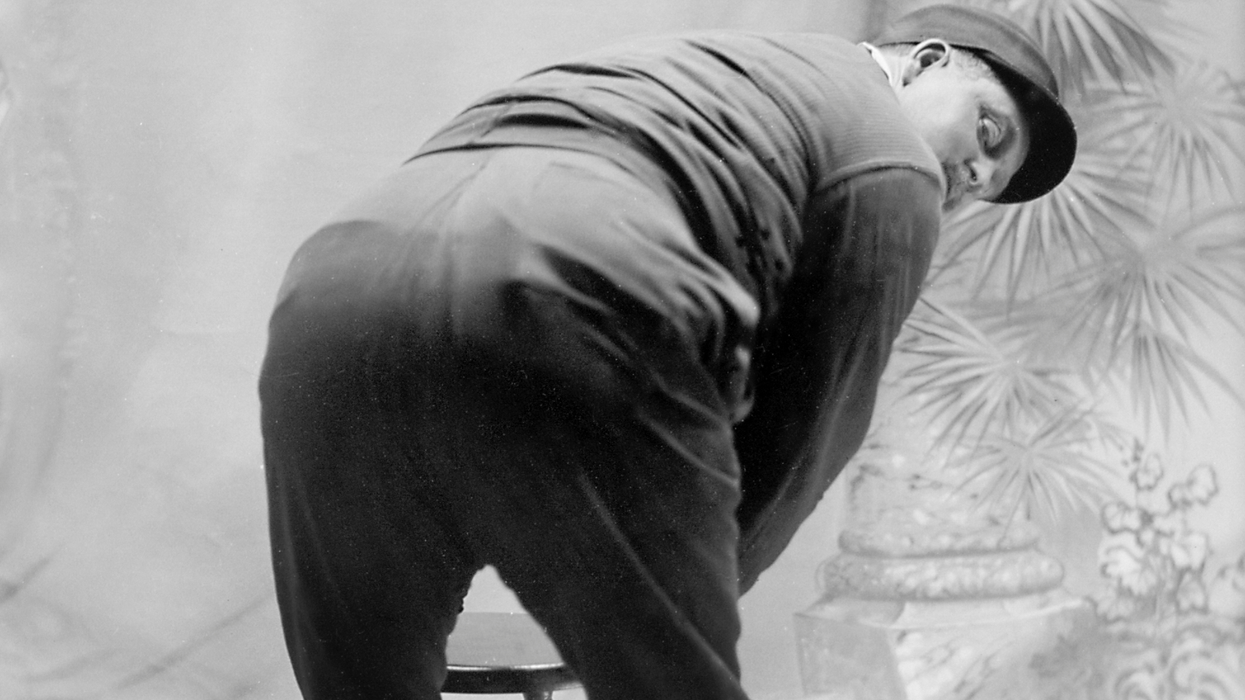
Photo by Kirn Vintage Stock/Corbis via Getty Images

A recent report from doctors in Japan states that researchers have found a bizarre, new condition reportedly associated with COVID-19 called "restless anal syndrome."
The report — which was authored by Drs. Itaru Nakamura, Takao Itoi, and Takeshi Inoue of the Tokyo Medical University Hospital and published in the BMC Infectious Diseases Journal — states that their patient may be the first documented case of restless anal syndrome associated with a COVID-19 infection.
Scientists have reported a case of a COVID-19-positive patient who reportedly developed "restless anal syndrome" after suffering from the respiratory illness.
Initial findings, according to the report, indicate that the syndrome may be related to the coronavirus.
According to the report, the 77-year-old patient reportedly experienced insomnia and anxiety while battling the disease and was eventually hospitalized. Several weeks after he was discharged, he reportedly began to experience "restless, deep anal discomfort," the report noted.
"Before affecting COVID-19, he had never experienced anal restless and discomfort," the study's authors added.
During his affliction, the unnamed patient reportedly "experienced an urge to move," which in turn worsened with rest and improved with exercise, but worsened overall in the area of the man's anal region during the evening hours.
A colonoscopy on the patient reportedly revealed internal hemorrhoids.
The report noted that there was no bladder or rectal disturbances nor erectile dysfunction observed in the patient as a result of the "restless anal syndrome" diagnosis.
Experts treated the man with a daily 1.5 mg dosage of the sedative clonazepam — more commonly known as Klonopin — which is used to treat anxiety and panic disorders as well as seizures. The patient's condition reportedly improved over the course of a 10-month treatment regimen.
Doctors determined that his condition was likely neurological in nature, and noted that the patient's resting anal syndrome was a variant of restless legs syndrome — an affliction in which a person feels an uncontrollable urge to move their legs. The syndrome is likely drive by a nervous system issue regulating dopamine, which sends messages to the brain in order to control muscle movement.
The report added that some COVID-19 survivors — particularly those afflicted by long COVID — have developed restless legs syndrome in the weeks following their initial infection.
The study's authors concluded, "We reported a case presenting with restless anal syndrome following affection of COVID-19 as restless legs syndrome variant. This case fulfilled 4 essential features of RLS, urge to move, worsening with rest, improvement with exercise, and worsening at evening. To date, no case of restless anal syndrome associated with COVID-19 has been previously published. This case report may reflect the associative impacts of COVID-19 on the neuropsychiatric state. The long-term outcomes of neuropsychiatric conditions should continue to be monitored."